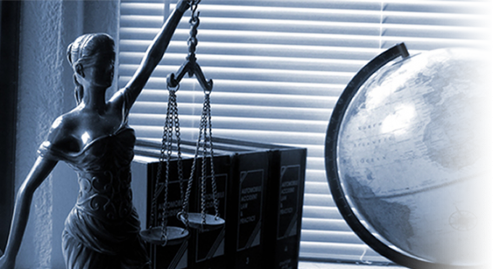“This report examines the state of free speech online, mapping the impact of social media companies’ corporatisation of speech standards and the Government’s role in creating a two-tier speech system. It is the product of over two years of research on online censorship, during which major themes have emerged: “hate speech” including speech on sex, gender and race; political posts, including left-wing and right-wing posts; and posts relating to health, from mental health to Covid-19. It is fully expected that readers will find some of example banned posts in this report disagreeable, misguided or offensive. However, we ask you not to judge your agreement with these posts, but to probe the more important questions – first, should this lawful content be censored by a private company and second, should lawful speech be censored with the state’s backing? Readers should also note that the examples cited in this report are merely a fraction of the unjustified censorship that we have researched and that, no doubt, has not fallen within the confines of our research. Some readers will, rightly, feel that certain forms of unfair social media censorship are not represented in this report. Our examples are not intended to be a comprehensive or fully representative example – such a task would be impossible, given the scale and opacity of corporate censorship online. However, it is a snapshot of some of the major themes we uncovered in the course of our team’s research. The report goes on to consider the draft Online Safety Bill and why the proposals would materially damage the right to free expression online. Finally, we put forward recommendations for policymakers on how to keep our online space safe and free.”

